21, January 2018
Bundes: SPD to decide on coalition talks with CDU 0
Germany’s Social Democratic (SPD) Party is scheduled to hold a meeting on Sunday to decide whether the center-left party should initiate formal coalition talks with Chancellor Angela Merkel’s conservatives, a decision that may help pull the European country out of a protracted political limbo.
Some 600 delegates from the SPD and its 45-member board would gather for a make-or-break conference in the western German city of Bonn on Sunday to vote on whether to pursue a coalition deal with Merkel’s Christian Democratic Union (CDU) and its Bavarian sister party, the Christian Social Union (CSU).
The meeting marks a crucial moment in the four-month effort to establish a new German government and will also be watched closely elsewhere in Europe, where Germany is the largest economy.
The Sunday vote aims to endorse the conditions of a preliminary deal that was struck between SPD leader Martin Schulz and Merkel’s conservative parties earlier this month, which calls for more concessions on labor, health, and migration policies.
The 28-page agreement demands the abolition of Germany’s dual public-private health insurance system in favor of a single citizen’s insurance, scaling back temporary employment contracts and allowing family reunions for asylum seekers suffering unusual hardship.
A negative vote by the SPD would prolong the political deadlock and leave Merkel with the option of either leading an unstable minority government or facing snap polls.
“Social Democrats in all of Europe are looking at this party conference,” Schulz said on Saturday.

In an interview with German newspaper Welt am Sonntag, SPD parliamentary leader Andrea Nahles said she expected formal talks to happen, stressing, “I ask everyone in my party to take responsibility: Please consider the consequences if this government option fails.”
A leader of Merkel’s Bavarian CSU sister party also said that a “no” vote would be “a political catastrophe” for Germany.
“I can only appeal to everyone to get it together and help bring about a government,” Horst Seehofer said in a recent interview with Bildnewspaper.
Germany has been in political limbo since elections in September last year, which saw heavy losses for the centrist “grand coalition” that has been ruling the country for the past four years.
Merkel, seeking a fourth term in office, has been looking to form a coalition with the Social Democrats after her center-right bloc lost some support to the far right Alternative for Germany (AfD) Party in the elections and her attempts to form a three-way tie-up with the pro-business Free Democrats (FDP) and the Greens failed.
The two mainstream German parties, the CDU and the SPD, fear that a lack of consensus among them could give the far-right nationalist parties more of a say in German politics as the September general elections clearly showed that they are on the rise.
In her annual New Year’s address, Chancellor Merkel said Germans had rarely been so split over the changes taking place in their society, stressing that she was committed to helping tackle the challenges of the future by working rapidly to build a stable government.
The results of a survey, which was conducted by the Forsa polling company last week, found that 61 percent of SPD voters were in favor of moving on to formal coalition talks. The same poll found that the center-left party would score just 18 percent if elections were held now, below the 20.5 percent garnered in September.
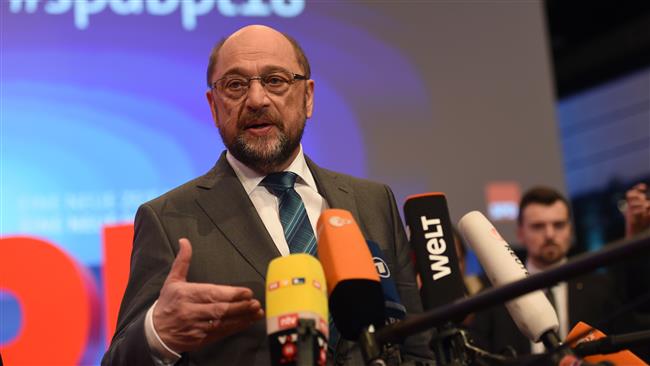
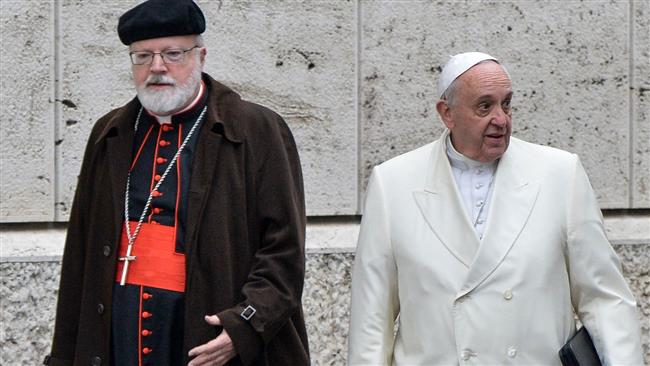
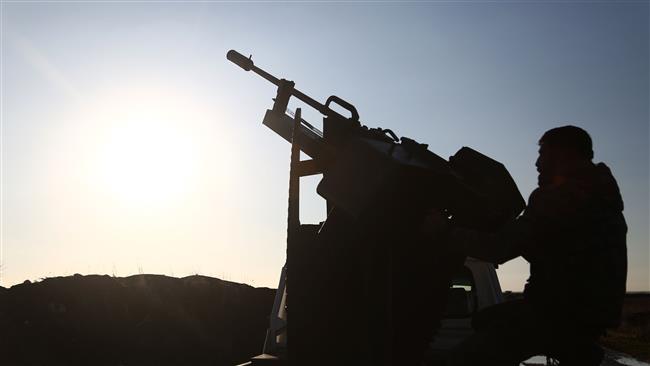




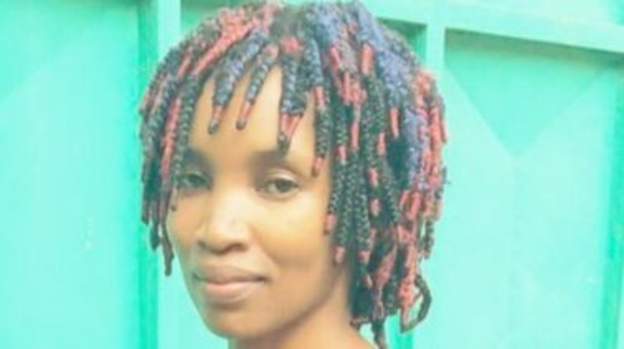
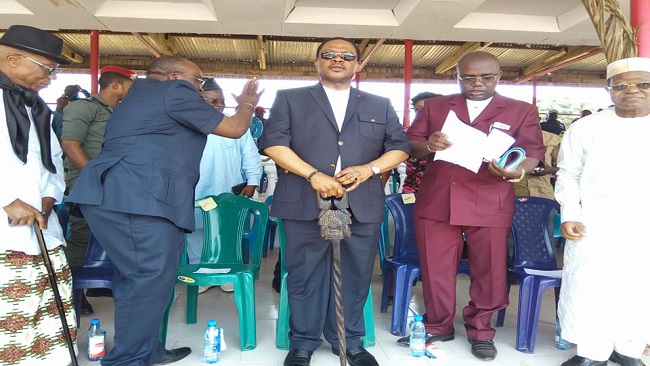
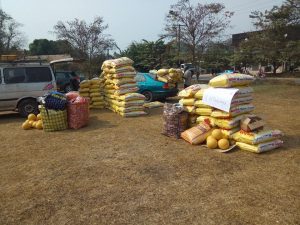






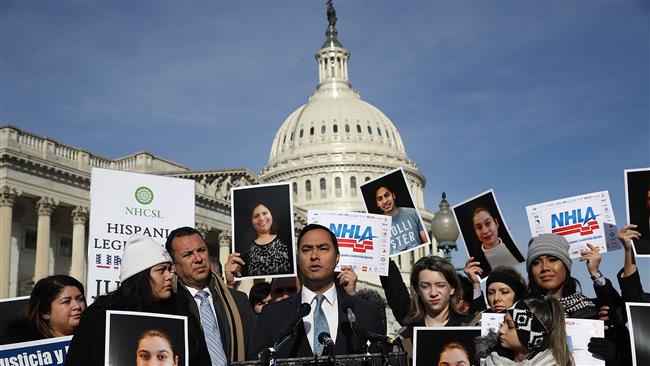











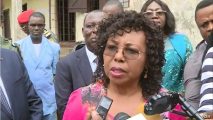






22, January 2018
UN expresses concerns about the swelling numbers of Ambazonian refugees in Nigeria 0
The UN has expressed concerns about the swelling numbers of people fleeing English-speaking areas of Cameroon for Nigeria, saying it is particularly worried over the safety of women and children.
William Spindler, spokesperson for the Office of the UN High Commissioner for Refugees (UNHCR), decried the precarious situation of women and children, which made up about 80 percent of the approximately 10,000 registered refugees in Nigeria’s Cross River.
“Some of these are boys and girls who fled to Nigeria alone,” Spindler said, adding that unaccompanied and separated children are particularly vulnerable.”
“UNHCR has received numerous reports that children have to work or beg to survive or to help their families.”
“Many reported that they were unable to attend school, for lack of time and money.”
“Thousands more are among the population of unregistered Cameroonians in neighboring states, where some of the children are unaccompanied and vulnerable.”
“UNHCR is working with the Nigerian authorities to assist with the reunification of separated children with their families, to provide unaccompanied children with protection services and to restore the basic right of all children to education,” Spindler said.
He said some of the children fleeing to Nigeria told UNHCR that they had been out of school in Cameroon for all of 2017.
“For women, the lack of work combined with the over-stretched reception facilities, creates a higher risk of sexual and gender-based violence, particularly from survival sex.”
“While only a limited number of cases have been recorded, mainly in the Amana community of Cross River state, UNHCR is concerned that many more cases go unreported or are referred only to community elders.”
“Incidents of domestic violence, as well as cases of teenage pregnancies involving girls as young as 14, have also been reported,” the spokesperson elaborated.
He said in Benue, two school buildings were serving as temporary refugee accommodations, where women and their families sleep inside communal school halls – deprived of private space and the right to family dignity.
“For them, and for the rest of the population living in temporary tents hastily built next to local residences, sufficient and appropriate shelter is key to ensure adequate registration, systematic aid distribution and reduced protection risks,” Spindler stressed.
According to him, UNHCR and the Nigerian authorities are currently working to identify sites away from the border, where the refugees can live according to international standards.
“We are also establishing offices in the towns of Calabar and Adikpo to better provide assistance and protection to the women and children,” he said, noting that support includes food, basic relief items, water and sanitation facilities.
Since mid-2017, Cameroon’s Anglophone regions have seen demonstrations as tensions have mounted over what the country’s English-speakers see as discrimination against them in favor of the majority French-speaking population.
Source: Sahara Reporters